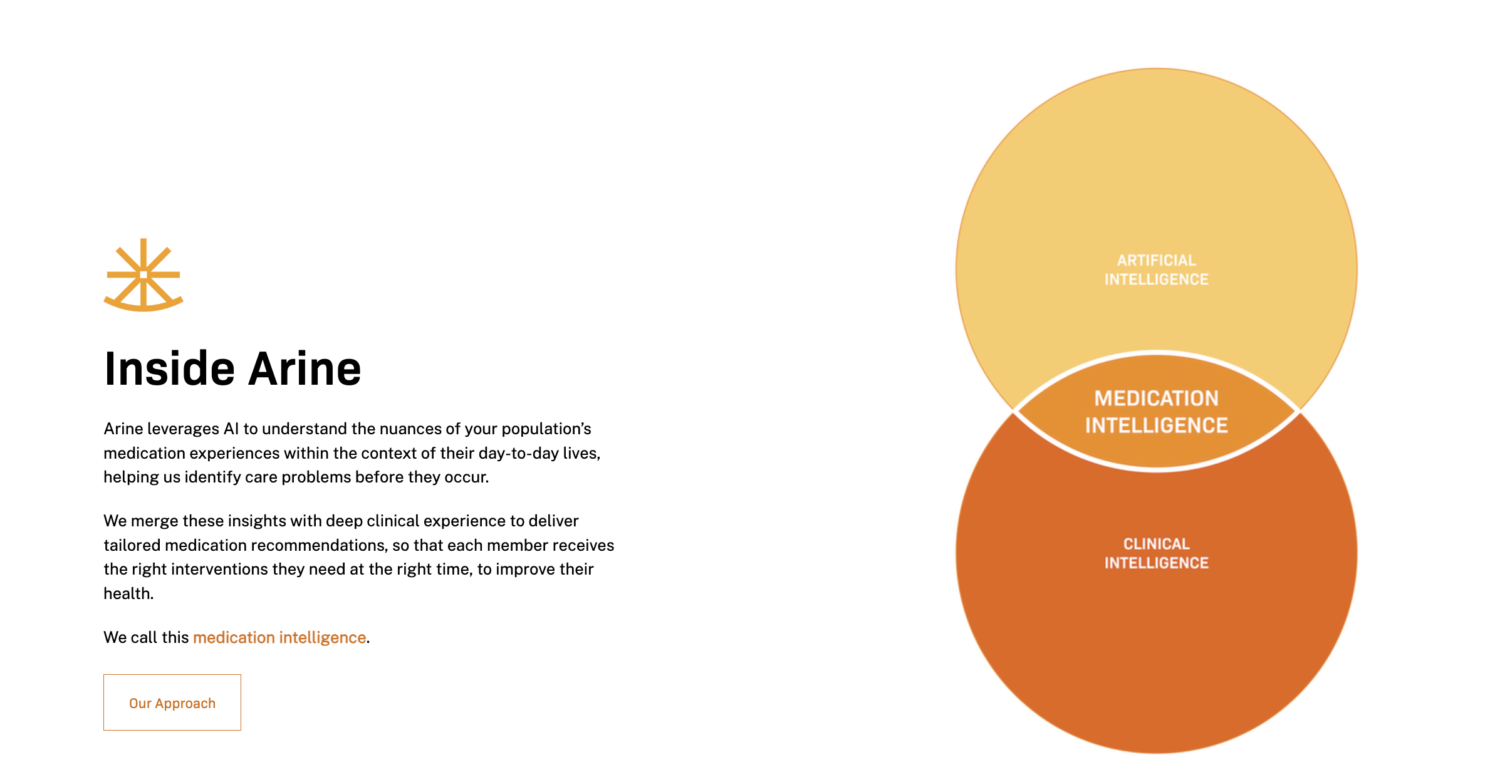
What You Should Know:
– Arine, the leader in AI-driven medication intelligence announced it has closed a $30M Series C funding round led by Town Hall Ventures, with participation from Kaiser Permanente Ventures and other existing investors. This brings Arine’s total funding to $66M.
– The new capital will empower the company to accelerate its mission of redefining medication management across the healthcare continuum, at a time when the industry faces unprecedented financial and regulatory pressures.
Delivering Cost-Effective Medication Therapy
Amid mounting cost pressures and sweeping policy changes, medications have emerged as one of the most powerful—and underleveraged—tools to improve outcomes and control costs. Arine’s AI platform is designed to address this by delivering scalable, personalized, and cost-effective medication therapy, which is essential for success in value-based care.
“This is a defining moment for healthcare and for Arine,” said Yoona Kim, PharmD, PhD, CEO and co-founder of Arine. “Mounting cost pressures and sweeping policy changes are forcing the industry to rethink how care is delivered. With this new capital, we’re expanding our ability to deliver meaningful impact for each patient, when the system needs it most.”
Proven Results/Outcomes
Arine’s AI platform leverages large, diverse datasets to identify the right individuals for intervention, recommend the most effective therapies, and continuously measure impact to ensure meaningful outcomes. This approach has consistently delivered significant results for its clients, including:
- >10% in total cost savings
- >40% reduction in hospitalizations
These outcomes have led to over 100% growth in the last year and an average contract expansion of 80% with existing clients.
Expansion Plans
With the new funding, Arine will focus on several key areas to meet the evolving needs of the industry. The company plans to:
- Expand its capabilities in specialty pharmacy management, a fast-growing and costly area of healthcare.
- Accelerate AI innovation to automate high-volume, low-complexity tasks, allowing providers to focus more on direct patient care.
- Continue to integrate comprehensive data to further personalize medication therapy


